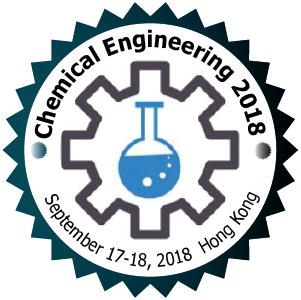
Sun Tao
Senior Lecture
Loughborough University
UK
Biography
Dr. Sun Tao obtained his BSc in Microbiology from Shan Dong University, and PhD in Chemical Engineering from the State Key Laboratory of Biochemical Engineering, Institute of Process Engineering, Chinese Academy of Sciences (CAS), China. He then held post-doc research assistant, associate and senior research associate appointments at Institute of Transfusion Medicine (Beijing, China), Institute of Material Research and Engineering (IMRE, Singapore), Sheffield University and Glasgow University (UK), working on fibrin sealant, liver/skin/nerve tissue engineering, computational modelling of cultured cells & tissues and epidermal wound healing processes. Due to his multidisciplinary research experience, Dr. Sun was appointed as a Lecturer in Bioinformatics and Computational Biology (2011-13) at Xi’an Jiao-tong Liverpool University (XJTLU), and then a Lecturer in Biomedical Engineering (2013-2015) at Bolton University (UK). In 2015, he joined Loughborough University as a Senior Lecturer in Industrial Biotechnology.
Research Interest
Tissue Engineering & Regenerative Medicine (TERM): Investigation of cell-cell, cell-scaffold interactions during tissue formation; Scale-up & down issues in TERM; Bioreactor development for cell & tissue cultures; Reconstruction of 3D engineered human tissues for diagnostic and clinical purposes. Systems Biology: Development of multi-scale computational models using agent-based modelling and other simulation approaches for the mechanistic understanding of cultivated cells & tissues as well as scale-up & down issues in TERM. Synthetic Biology: Modification of viruses using genetic engineering technologies; Scale-up & down issues in the manufacturing of genetically modified viruses; Synthesis of functional nanomaterials using viral-based bio-templates. Bioprocess development: Bioreactor design & fabrication for up-stream processes using microbes or mammalian cells; Design & optimization of down-stream processes such as protein purification strategies at bench-, pilot- and industrial scales for clinical purposes.

